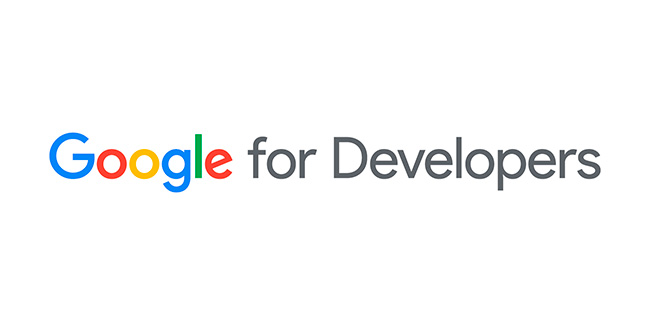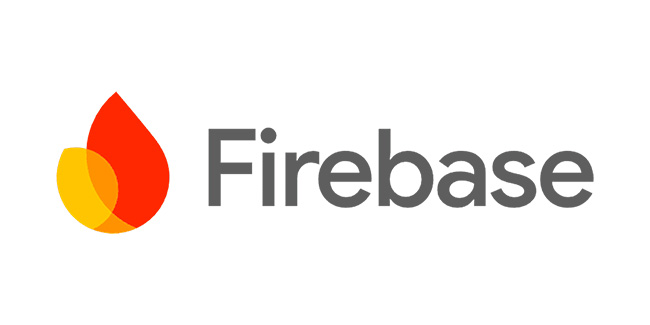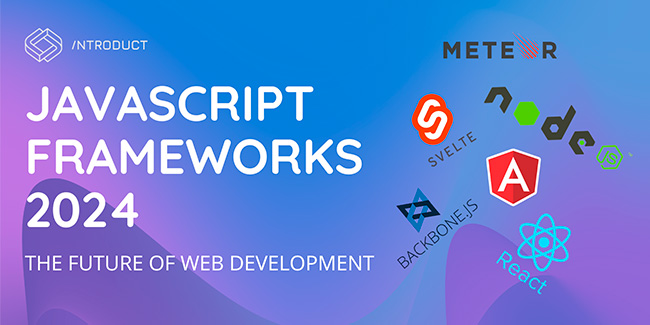

Genkit for Go: Your Path to Advanced AI Applications


Genkit for Go is an open-source framework designed to empower Go developers in building AI applications and cloud services. Moreover, this collaboration between the Firebase and Go teams combines Go’s simplicity, scalability, and security with Genkit’s robust libraries and tools. At Introduct, a progressive IT company committed to innovation, we are excited to explore this new tool and its potential for our projects. Also, our developers actively use GO in our projects.
Why Genkit for Go?
Genkit for Go uses both the performance and concurrency benefits of Go to develop complex AI applications. Here are some use cases:
- Intelligent Assistants: The technology understands complex requests and performs tasks such as booking travel.
- Customer Support Agents: This is a person-sensitive response with RAG.
- Data Transformation Tools: Transform unstructured data into structured formats for deeper analyses.
Genkit Go is in an alpha state and is the best for experimentation. It encourages every developer to prototype AI-powered projects and share their feedback in order to help shape its roadmap.
Key Features of Genkit for Go
- Intuitive Libraries for AI Generation: Genkit’s libraries are written in pure Go, embracing idiomatic Go conventions. Consequently, these libraries provide lightweight, composable abstractions that greatly ease the development of complex AI workflows, all without giving up on customizability.
- Unified Generation API: The unified generation API generates text from almost any model with a single interface. This API supports model configuration and enables the use of features like calling functions and structured output.
- Native Vector Database Support: Genkit integrates retrieval-augmented generation into applications with simple indexing and retrieval APIs. It makes AI models context-aware and improves their relevance and accuracy.
- Flows for AI Workflows: Genkit “flows” organize multistep AI workflows with built-in observability for debugging and monitoring. Flows integrate with Genkit tooling and deploy as HTTP endpoints with minimal boilerplate.
- Better Prompt Engineering: Genkit provides a format, Dotprompt, for simplifying prompt engineering. Consequently, a Dotprompt is just a single file that encodes prompt templates, input and output schema, model selection, and configuration options.
- Plugin System: Genkit comes with a fast-growing collection of plugins for a wide array of AI services and databases. It currently supports Google AI, Vertex AI, Ollama, and Pinecone. Genkit is designed for extensibility, and contributions from the community are highly welcome.
- Production Observability: Genkit helps monitor AI-powered applications in production. It integrates with Google Cloud’s operations suite and supports OpenTelemetry for comprehensive monitoring. This ensures applications serve users as expected and helps maintain high performance.
- Integrated developer tooling: Genkit offers both a comprehensive command-line UI and a browser-based UI for developing generative AI. Among the many tasks one can do from here are the following:
– Initialize new Genkit projects or integrate Genkit into existing projects.
– Run and iterate on AI workflows, prompts, and retrieval queries.
– View detailed traces and metadata for workflows and components.
– Evaluate AI workflows against test sets and view scored metrics.
Start Genkit for Go
How to start Genkit for Go
- Documentation: Find guides, documentation, and community resources on the project’s GitHub page.
- Join the Community: Join the official Genkit Discord server and communicate directly with the Genkit Team and other developers.
- Provide Feedback: Share your experiences and help shape the future of Genkit for Go.
Or you can check out the Get Started with Genkit for Go guide.
Genkit for Go is a huge step toward democratizing advanced AI across the Go community. With a focus on developer productivity and seamless integration with existing Go practices, it can further accelerate AI adoption in Go-based applications. Introduct will further continue to explore and harness such innovative tools in a bid to deliver leading-edge solutions for clients. As an IT company, we apply the Go open-source programming language in our projects to ensure scalability and efficiency.
Let’s build an active, Go-based AI development ecosystem. We can’t wait to see what you build with Genkit!
More Articles

Elixir vs Golang: Choosing the Right Language for Gaming Platforms Elixir vs Golang: Choosing the Right Language for Gaming Platforms
GoLang or Elixir? When it comes to developing gaming platforms, the choice of programming language can significantly impact performance, scalability, and development speed. In this blog post, we’ll compare two popular languages, Elixir and Golang, and explore their suitability for building gaming platforms.

JavaScript Frameworks: A Glimpse into the Future of Web Development JavaScript Frameworks: A Glimpse into the Future of Web Development
JavaScript is all about front-end, as it can offer everything needed for developers. But how to make the process faster and more convenient? Here come JavaScript frameworks, which are actual libraries of pre-written code for developers, saving much effort and time.
